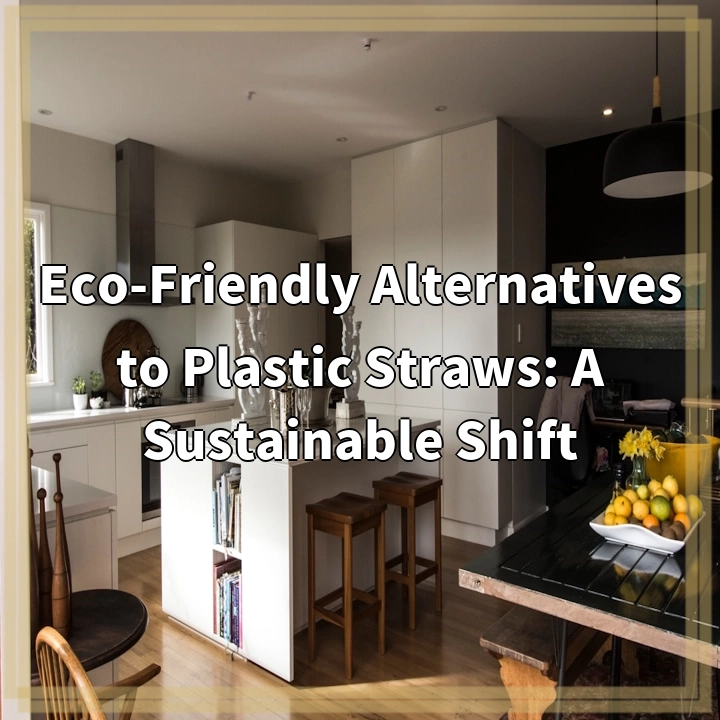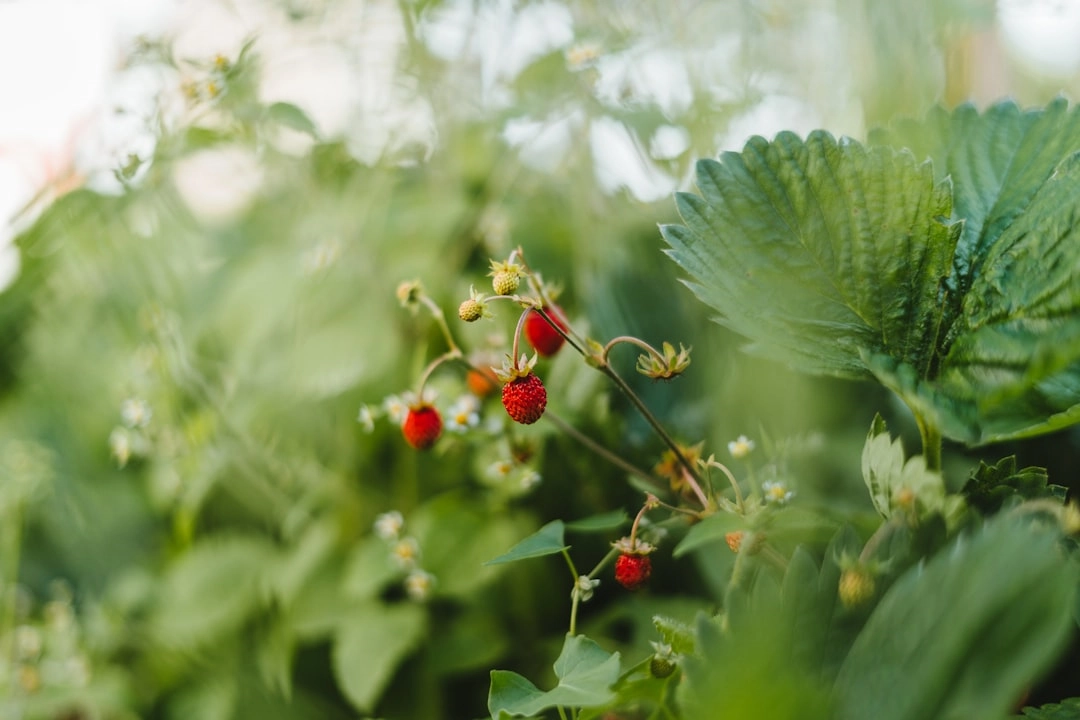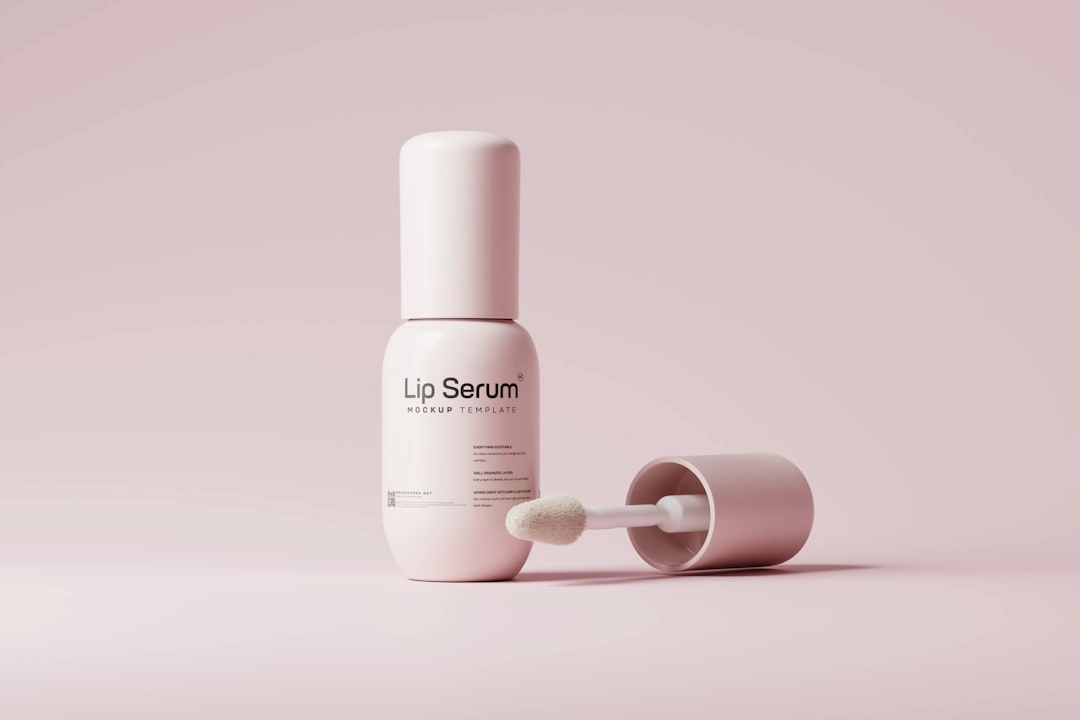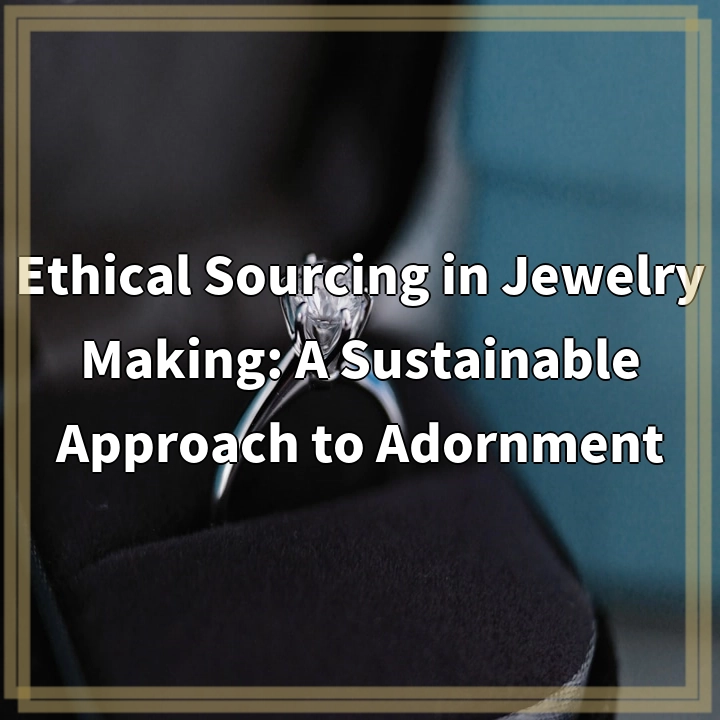
What it is:
Eco-friendly alternatives to plastic straws encompass various materials and designs aimed at reducing the environmental impact associated with single-use plastic straws. These alternatives are designed to offer the same functionality and convenience as traditional plastic straws while minimizing ecological harm. Popular eco-friendly options include reusable metal, bamboo, glass, silicone, and wheat straws. Each of these materials comes with its own set of benefits and challenges, ultimately supporting the goal of reducing plastic pollution in our oceans and landfills.
Reusable Metal Straws
Metal straws, typically made from stainless steel, offer a durable, long-lasting option that can be easily cleaned and reused countless times. Their robustness makes them ideal for both hot and cold beverages, reducing the demand for single-use plastics.
Bamboo Straws
Bamboo straws are made from sustainable, biodegradable material. They naturally provide a unique aesthetic appeal and can effectively decompose, making them an excellent eco-friendly choice for those looking to remain plastic-free.
Glass Straws
Glass straws provide an elegant alternative to plastic, being both reusable and easy to clean. They are non-toxic and free from harmful chemicals, ensuring a pure drinking experience. However, caution must be exercised due to their fragility.
Silicone Straws
Silicone straws are flexible, reusable, and can withstand high temperatures, making them suitable for a variety of beverages. Their soft nature also ensures a comfortable drinking experience, especially for children.
Wheat Straws
Made from leftover wheat stalks, these straws are entirely biodegradable and compostable. They offer an eco-friendly option for those seeking a natural alternative to plastic straws.
Real-world problems:
The increasing reliance on single-use plastics, such as traditional straws, contributes to severe environmental issues, including pollution and harm to marine life. An estimated 500 million plastic straws are used every day in the United States alone, which adds significantly to the plastic waste problem.
Ocean Pollution
Plastic straws are among the top ten items found during beach cleanups around the world. When discarded improperly, they often end up in oceans, where they contribute to the growing problem of marine debris. This pollution poses risks to aquatic life, as animals can ingest or become entangled in plastic waste.
Impact on Wildlife
Marine species, including sea turtles and seabirds, are particularly vulnerable to the dangers of plastic straws. Straws can cause choking, internal injuries, and even death when consumed. Additionally, the ingestion of plastics has been linked to toxic chemical transfer, further endangering species and ecosystems.
Waste Management Challenges
The increased production and disposal of single-use plastic items lead to significant challenges for waste management systems. Recycling rates are low for plastics, and many items, including straws, are not recyclable. This results in a higher volume of waste in landfills and the need for more resources to manage plastic waste.
Social Responsibility and Public Awareness
Many consumers are unaware of the environmental impact of plastic straws or may feel that their individual choices have little effect on the larger problem. Raising awareness about eco-friendly alternatives is crucial in promoting sustainable practices and encouraging individuals and businesses to make responsible choices.
By exploring these eco-friendly alternatives and understanding the associated real-world problems, we can collectively take steps toward reducing plastic pollution and fostering a healthier planet.

Solutions to Eco-Friendly Alternatives to Plastic Straws
Transitioning from plastic straws to eco-friendly alternatives presents a viable solution to combat plastic pollution and its detrimental effects on the environment. By embracing reusable and biodegradable options, individuals and businesses can significantly reduce their ecological footprint. Here are several effective solutions:
1. Embrace Reusable Straws
By incorporating reusable metal, glass, bamboo, and silicone straws into daily habits, consumers can drastically decrease the reliance on single-use plastic straws. These materials are designed for long-term use and can significantly cut down on waste.
2. Opt for Biodegradable Straws
Bamboo and wheat straws offer biodegradable options that break down naturally in the environment, minimizing landfill contributions. Choosing these options supports sustainable practices and reduces plastic waste.
3. Raise Awareness and Educate Others
Promoting awareness about the environmental impacts of plastic straws and the benefits of eco-friendly alternatives is crucial. Educational campaigns can inspire consumers and businesses to make responsible choices that contribute positively to the environment.
4. Implement Business Policies
Restaurants and cafes can take the lead by adopting policies that favor eco-friendly straws, offering them as the default option or providing customers with the choice to decline straws altogether. Such initiatives can set a standard within the community and encourage others to follow suit.
5. Support Local Innovations
Supporting local manufacturers and startups that produce sustainable straw alternatives can stimulate the economy and encourage the creation of innovative solutions to environmental problems. Community engagement in supporting eco-friendly products strengthens the movement against plastic waste.
By embracing these solutions, we can effectively transition to eco-friendly alternatives, mitigate the adverse effects of plastic straws, and contribute to a more sustainable future for our planet.















